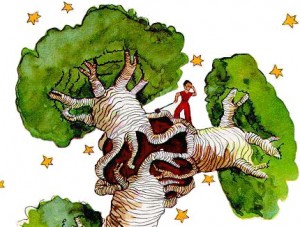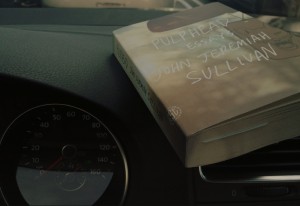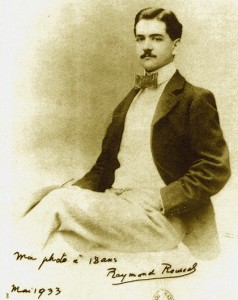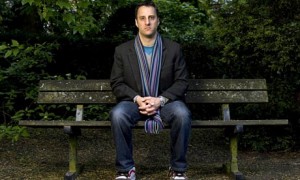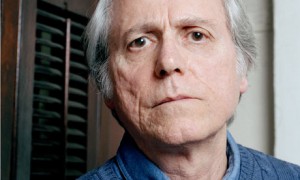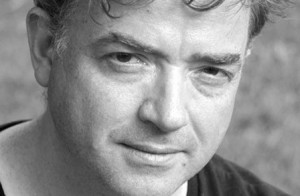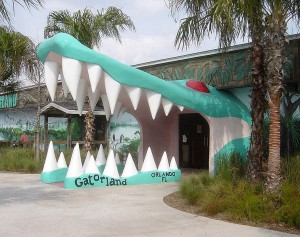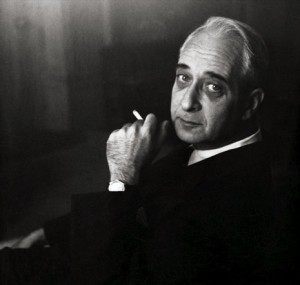-
Books
-
Notes on Death and the Resurrection of Children’s Fiction
by Audrey Schomer February 29, 2012
The first time I’d read it, at 11, it was about a boy, because I was young. The second, at 19, it was about love, because I was in love. This time around, it was about death. And because it was about death, it was about everything else, too, juxtaposed with death.
-
John Jeremiah Sullivan’s Pulphead
by Robert Carver February 21, 2012
Creative non-fiction: regardless of where one stands on the debate of which of those two modifiers rules the other — and to what degree — for everyone, there is a line.
-
Self-made Enigma: Raymond Roussel
by Tynan Kogane February 6, 2012
Not reading Roussel is similar to never having eaten a pomegranate: never having pulled apart the brittle skin, peeled back the bitter membrane, bit into each seed for a tiny squirt of juice, ending up with a red-stained shirt.
-
Dish, Dish: Gossiping with Joseph Epstein
by Margie Cook December 4, 2011
Epstein’s discerning eye for tantalizing details could have earned him a lucrative career as a gossip columnist in another life, but Gossip thrives on meatier substances.
-
Adam Foulds: The Incurable Poet
by Malcolm Forbes November 23, 2011
At one juncture we are told, or warned, that ‘the world abrades your finesse away.’
-
Mark Making: Sketches for Consequentiality
by Sara Christoph November 14, 2011
John Berger begins with one seemingly simple question: “Where does the impulse to draw something begin?”
-
Here To Be Interesting: Don DeLillo’s The Angel Esmeralda
by Ben Clague October 23, 2011
Writers known for a certain tone and style often struggle to pull off anything outside their box, the literary equivalent of typecast actors.
-
What’s Past is Poetry: The Reaches and Limits of Glyn Maxwell
by Daniel Evans Pritchard October 10, 2011
For Maxwell, the past is a single fixed point, discontinuous from the present, and the center around which his imagination revolves, like a talisman or a totem.
-
Florida Gospel Fiction: Gospel of Anarchy and Swamplandia!
by Schuyler Velasco October 4, 2011
That’s the thing about Florida: in the best scenario, it wouldn’t have people in it. The Florida I loved as a child, the one that I still love as an adult, exists uneasily alongside human beings.
-
The Very Best Kind: On Lionel Trilling
by Morten Høi Jensen October 1, 2011
This is roughly what he meant by liberalism: it is, or ought to be, an acknowledgment of complexity and difficulty and an awareness of the objections that can be raised against it.
-

